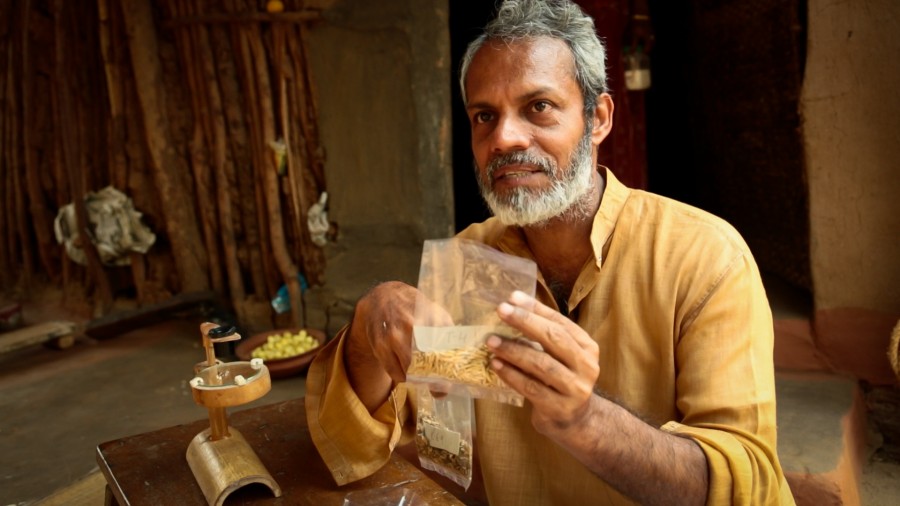
When a cyclone hits India, the sea-drenched soil can remain salty for years. You can see the evidence in the Ganges River delta, packed with more than 4 million people, four years after Cyclone Aila hit the region.
Farmers are finding that new high-yielding rice varieties are not withstanding the salty onslaught. Vegetables are also nearly impossible to grow.
The problem is expected to get worse as climate change brings higher sea levels, stronger storms, and more frequent droughts.
Scientists are racing to breed a new generation of climate-resilient crops that can survive these changes. But many farmers are turning to the seeds that sustained their ancestors.
This story was produced by The Center for Investigative Reporting.
Producer, Reporter, Camera: Sam Eaton
Editor: Linda Peckham
Additional Editing: Adithya Sambamurthy
Transcription: Karishma Suri
Archival Footage: Oxfam International
Thanks to: Soma Saha, WWF-India Sundarbans Program
Senior Producer: Stephen Talbot
Executive Producer: Sharon Tiller